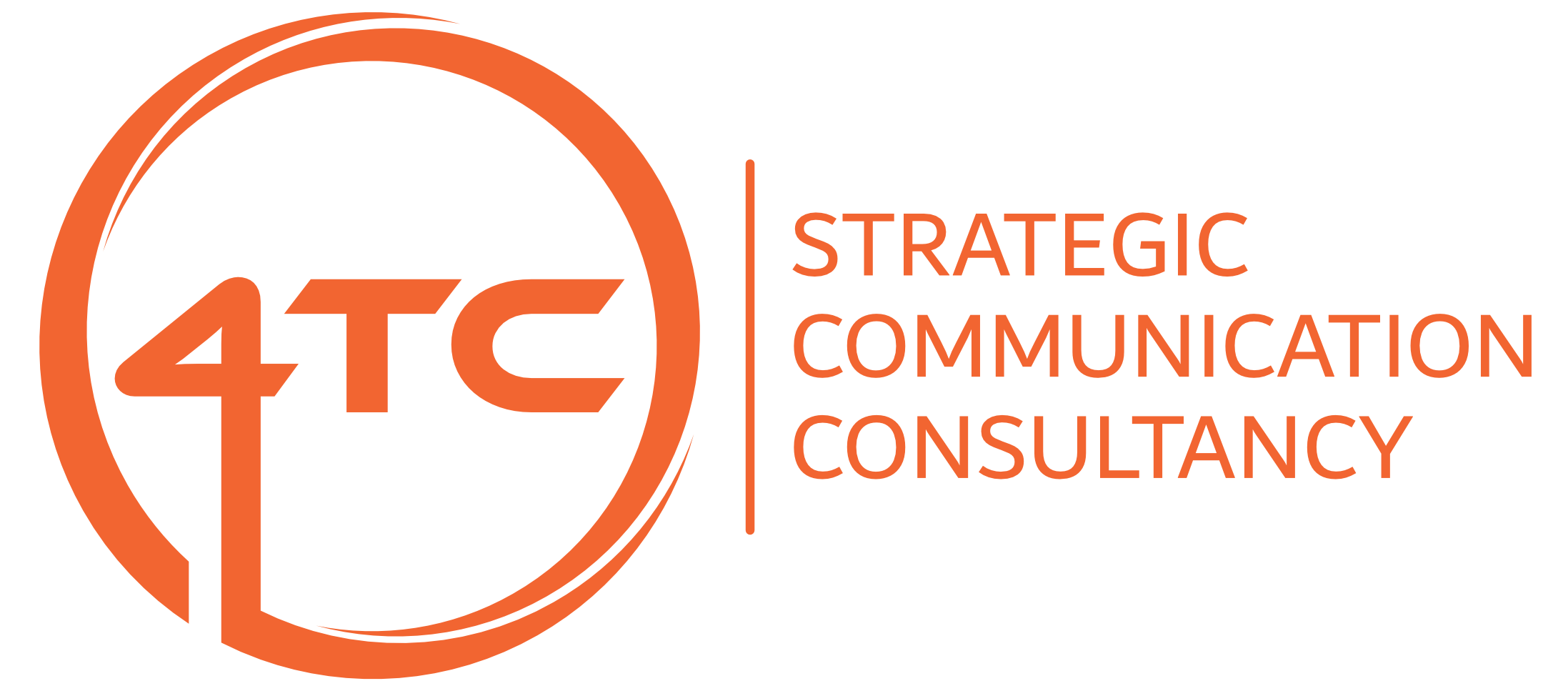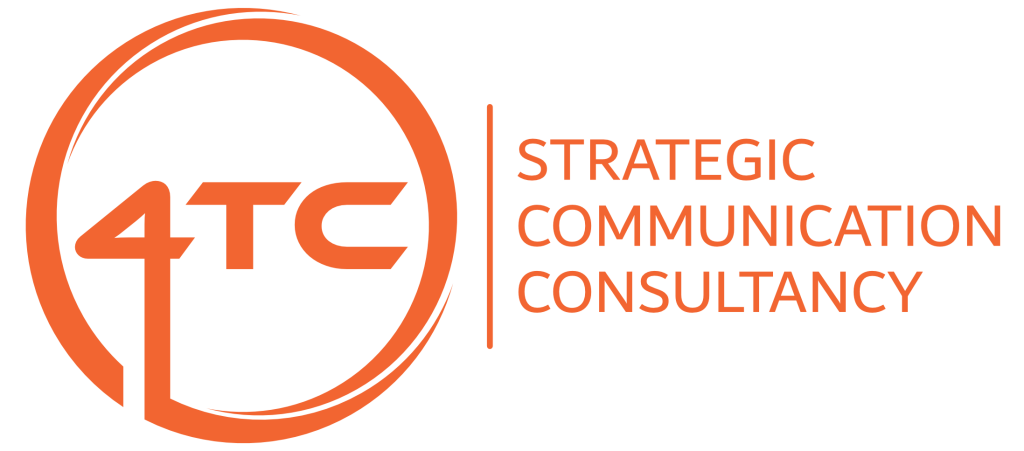A long time ago, in a galaxy far, far away, there was a company with a really impressive brand. One day the lawyers arrived and slapped a whole bunch of new rules on it, one of which was that it now had to capitalise BRAND in all of its external communication.
Come on – the communicators said – it looks ridiculous and, as this is earned media we’re talking about, it’s not going to survive into actual coverage and, more than anything, it is wholly inauthentic. No, said the lawyers, you don’t understand. You will do as you are told and whenever you mention the brand, you will refer to it as BRAND.
All the joy and spontaneity that you’ll find in a young, growing brand, or in a new industry sector, or a start-up company was sucked away overnight. And, probably as a knock-on effect, there was a shift in the language used when talking about the brand – notably it moved away from plain English, from how people actually talk, to how the brand guardians think people talk.
It’s not an uncommon phenomenon. Lots of big brands have suffered the same fate. Here, for example, is a compare and contrast – two food brands, in a 2020 BBC article about changing eating patterns during the lockdown:
“With so many meals being consumed at home it has unlocked many more occasions for consumption bringing families together at mealtimes.”
and
“We knew straight away with more people cooking and eating at home that it would go bananas and May was our biggest month ever.”
The first is a food company with a big brand of sausages. Roughly translated, it says ‘with so many meals being eaten at home, bringing families together, there are more opportunities than ever to enjoy your favourite foods’. Go further – replace ‘foods’ with ‘sausages’, why not? But ‘unlocking consumption occasions’? This isn’t how real people talk.
The second is a young company with a growing brand of tofu – which, the lawyers would say, is not bananas. But as there were no lawyers there, the spokesperson was able to sound genuinely excited about the success the company was enjoying.
And the moral of the story? Twofold. As communicators, we have to realise that the larger and more successful a business or brand becomes, the more rules there are around what you can and can’t do and what you can and can’t say. And we need to work within those.
However, as communicators we have a duty to ensure that the brands, companies and organisations in our care are remaining authentic, using plain English and explaining themselves in the language that their stakeholders would use.
If you’re concerned that you might be on the road to unlocking consumption occasions, we‘d be happy to talk to you about a sense check on the language you’re using and some recommendations for improvement – as and if necessary.


